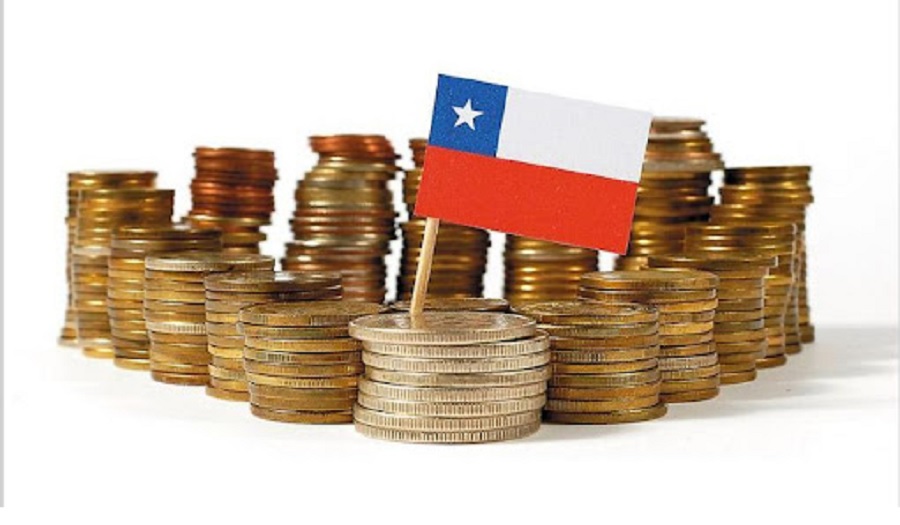RIO DE JANEIRO, BRAZIL – The pandemic is no longer the greatest risk to the Chilean economy, which over the past 3 decades has been among the most stable in the region. Economists from different political sectors agree that the problem lies in the disorderly emergence from the crisis, due to the great impact that successive pension fund withdrawals have had on the financial system.
In an electoral year in which Congress is discussing allowing a 4th withdrawal of 10% of pensions, against the opposition of the government of Sebastián Piñera, the (autonomous) Central Bank has taken unprecedented measures in recent weeks to contain inflation, which has reached 4.7% over the past 12 months.

The Central Bank raised the basic interest rate by 75 basis points to 1.5%, projecting inflation to reach 5.7% by the end of 2021, something unseen by several generations of Chileans. “The most serious aspect is that a considerable part of our problems is self-inflicted. This is alarming,” said economist and ex-Treasury Minister Rodrigo Valdés of Michelle Bachelet’s second government.
The Chilean economy, which in the past faced crises mostly from external shocks, is now experiencing its own internal earthquakes and “resembles that of highly volatile emerging countries,” according to Valdés. When the Covid-19 crisis erupted in the region in March 2020, Chile was emerging from the October 2019 social uprisings.
The political and social crisis dealt a blow to the economy, which subsequently had to endure a second jolt with the coronavirus. In these almost 2 years, the government has failed to regain control, and the Congress – where parties are no longer in charge – has embraced public policies of questionable merit.
In the context of the pandemic crisis, Parliament passed three pension fund withdrawals of 10% each. Legislators, from both the opposition and the right-wing, were trying to provide an incentive to families amid the health crisis, although what some of them – particularly the opposition – have in mind is the use of resources from the system for Pension Fund Administrators (AFPs), based on individual capitalization and pioneering in the world, strongly delegitimized before public opinion because of low pensions.
Withdrawals have raised private consumption to record levels, increasing by 33% in the second quarter and likely to continue to grow, given that some US$23 billion in excess funds, in bank accounts and in cash, are still available and ready to spend. This is equivalent to 9% of GDP.
The enormous liquidity available to households can be seen in perceptions of the economy. One of the main indicators of the South American country, the survey by the Center for Public Studies (CEP), shows that 31% of people consider their personal economic situation to be good or very good, the highest rate since 2007.
However, the same is not true for citizens’ perception of the country’s economic situation: only 18% think it is good or very good, according to an opinion poll released last Wednesday.
Chile has managed to overcome the recession caused by Covid-19. According to the Central Bank’s projections, GDP should grow 11.5% this year. Nevertheless, the government has had to yield to pressure from across the political spectrum and extend state aid, such as the Emergency Family Income (IFE Universal), stretched until the end of 2021.
The extension of the already high fiscal stimulus, the upward trends in private consumption, and the enormous liquidity available to households have been unmistakable indications of greater price pressures for the authorities.

